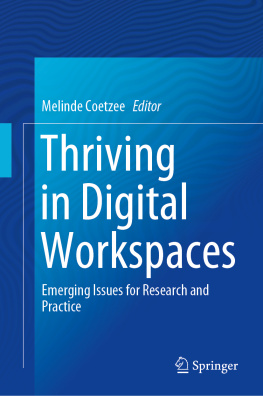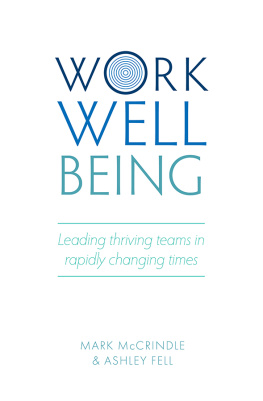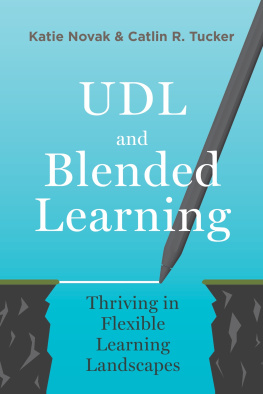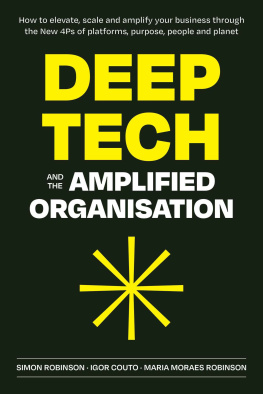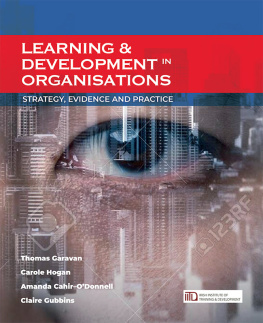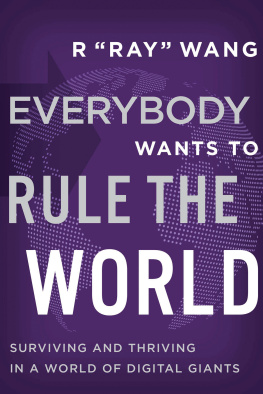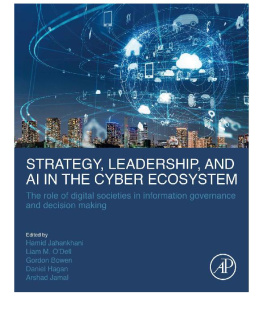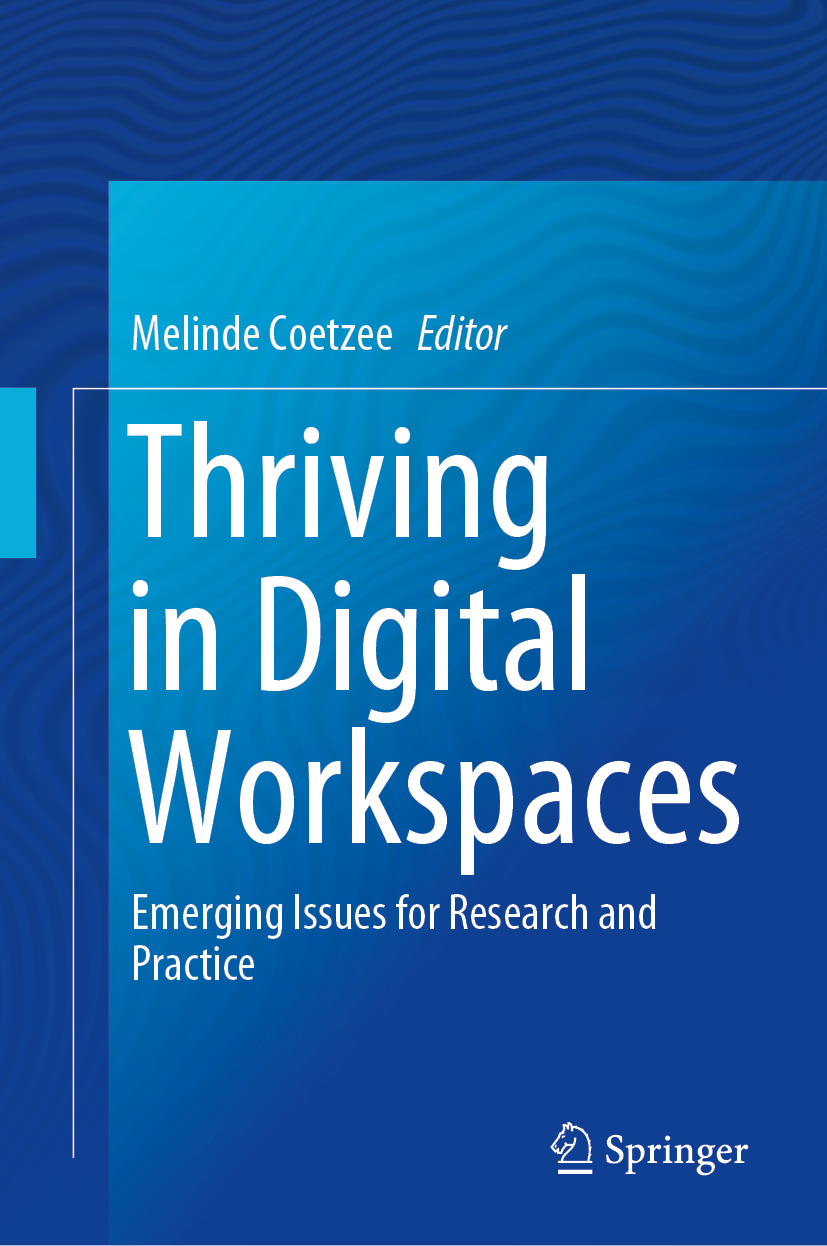Editor
Melinde Coetzee
Department of Industrial and Organisational Psychology, University of South Africa, Pretoria, Gauteng, South Africa
ISBN 978-3-030-24462-0 e-ISBN 978-3-030-24463-7
https://doi.org/10.1007/978-3-030-24463-7
Springer Nature Switzerland AG 2019
This work is subject to copyright. All rights are reserved by the Publisher, whether the whole or part of the material is concerned, specifically the rights of translation, reprinting, reuse of illustrations, recitation, broadcasting, reproduction on microfilms or in any other physical way, and transmission or information storage and retrieval, electronic adaptation, computer software, or by similar or dissimilar methodology now known or hereafter developed.
The use of general descriptive names, registered names, trademarks, service marks, etc. in this publication does not imply, even in the absence of a specific statement, that such names are exempt from the relevant protective laws and regulations and therefore free for general use.
The publisher, the authors and the editors are safe to assume that the advice and information in this book are believed to be true and accurate at the date of publication. Neither the publisher nor the authors or the editors give a warranty, expressed or implied, with respect to the material contained herein or for any errors or omissions that may have been made. The publisher remains neutral with regard to jurisdictional claims in published maps and institutional affiliations.
This Springer imprint is published by the registered company Springer Nature Switzerland AG
The registered company address is: Gewerbestrasse 11, 6330 Cham, Switzerland
Preface
This book collection proffers some initial thoughts and narrative discourses on the extent to which the technological revolution will impact human thriving. The collection of chapters serves as a birds-eye view of the mindset shifts required, and the psychological foundations and preconditions of human thriving in digital workspaces. The concept of thriving is revisited in terms of new emerging issues that potentially may arise for research and practice as a result of the digital revolution. The book proposes future directions for research and practice and contributes novel insights towards creating the conditions for facilitating individual and organisational thriving amidst the turbulence, complexities and velocity of agility and learning that are required by organisations and workers. The primary audience for this book is advanced undergraduate, graduate and post-graduate students, as well as scholars and practitioners in applied multidisciplinary psychology settings. In addition, organisational decision-makers, human resource managers and professionals, wellness counsellors and public policy-makers will have an interest in this book. This book is useful for employees themselves in order to better understand their psychological experiences and roles in adapting to digital workspaces. Employees, managers and practitioners will also gain a better understanding of the demands, challenges and possibilities of the digital era workplace for human and organisational thriving, development and success.
We acknowledge that our understanding of the construct of human thriving has been shaped by forerunners in the field who offered various meritorious conceptual debates and research on human thriving. As authors, we regard human thriving and flourishing as essential concepts and way of functioning in modern-day organisations. We endeavour to build in this book collection on the extant knowledge and theory on human thriving. We offer new knowledge and insights by positioning the construct in the rapidly emerging Industry 4.0 space of work. We are therefore also grateful to the scholars and practitioners who are breaking new ground by their exploration of the impact of smart and digital technology on human well-being in workplaces of the Fourth Industrial Revolution era. We acknowledge that we are at this stage just starting to tap into the tip of the so-called iceberg of the technological revolution. The chapter contributions in this book offer emerging insights, narratives and probabilities of the factors and conditions to consider in facilitating human thriving in workspaces that will be continuously transformed by smart digital technology. As Editor, I salute the team of authors for their courage in breaking new ground, their quality contributions, hard work and their dedication to the field of human thriving and flourishing.
Note: The manuscript and chapters in this book collection have been independently peer-reviewed before publication. A blind peer-review process was followed. The editor and authors would also like to express their gratitude to the reviewers for their feedback and suggestions for improving the quality of the chapter contributions and the book in general.
Welcome to thriving in digital workspaces!
Melinde Coetzee
Pretoria, South Africa

